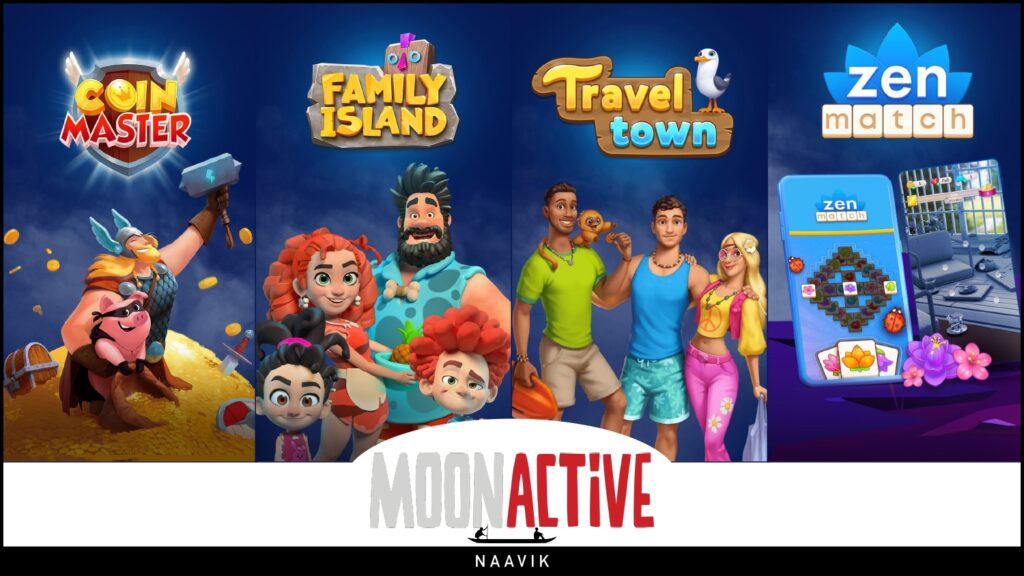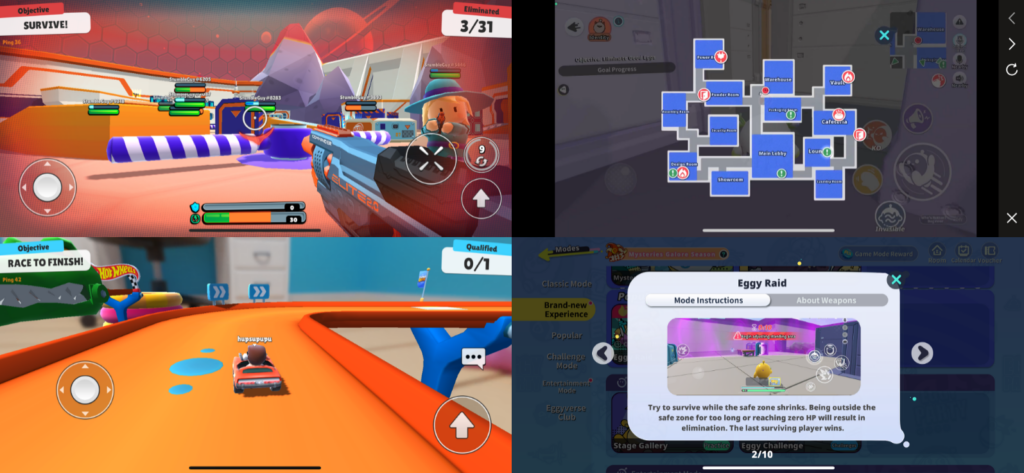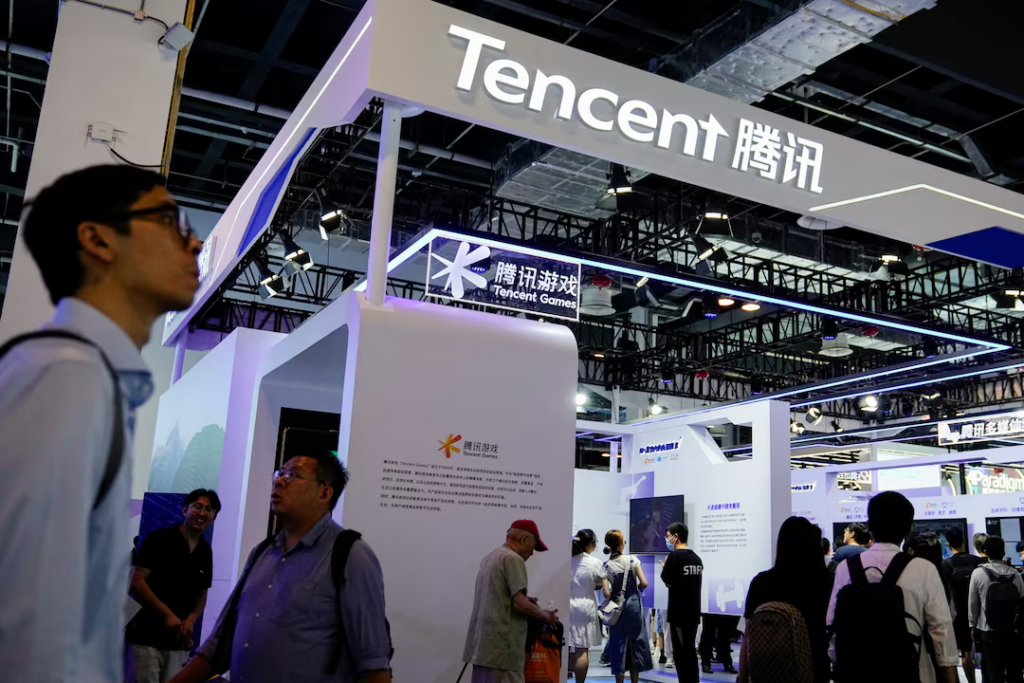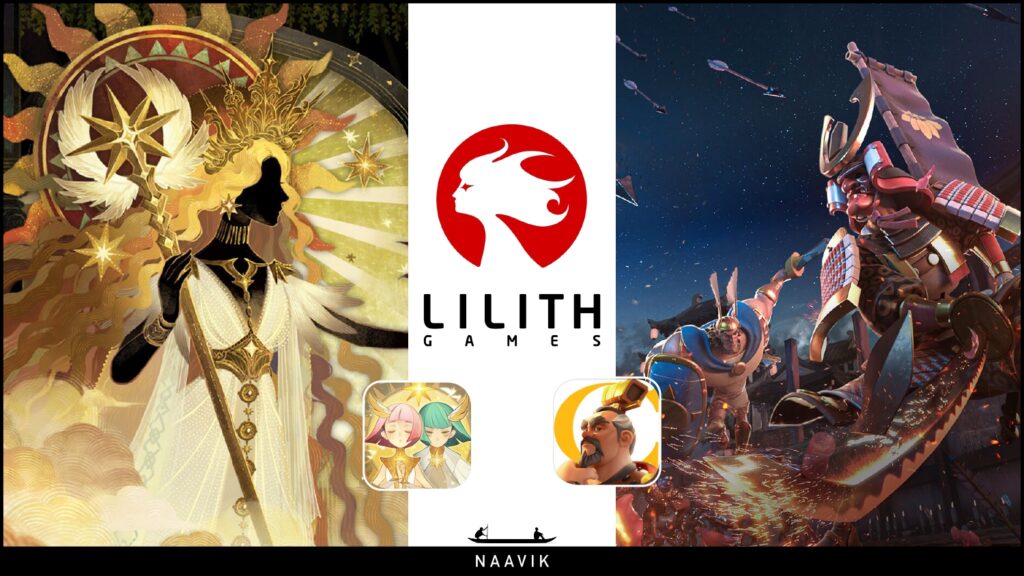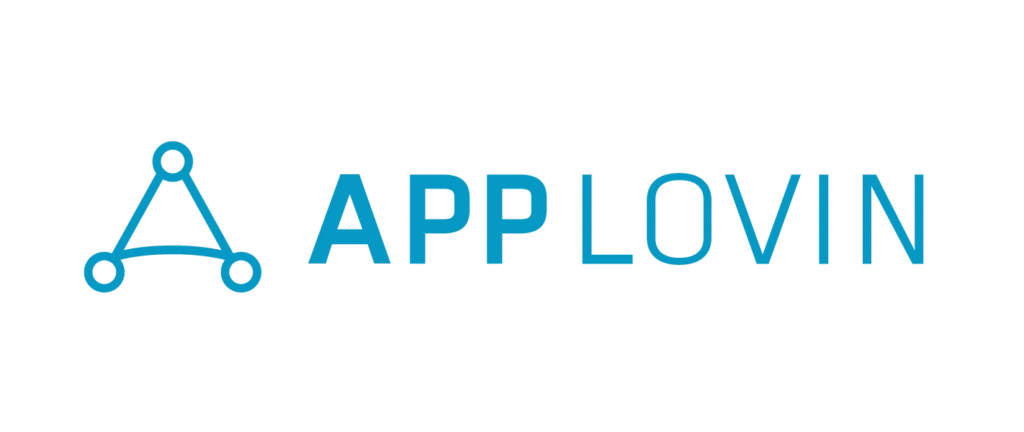Hi Everyone. As 2021 comes to a close, our team is finalizing our list of sponsorship partners for next year and we still have a few slots available! If you’re interested in showing your brand, event, or product to thousands of gaming-related entrepreneurs, executives, and developers, reach out here and we’ll send you more details. Now, let’s dive into today’s issue.
Naavik Exclusive: The Metacast - Roundtable #26
In this Metacast episode, Florian Ziegler, David Amor and Matej Lancaric are joined by Nicolas Vereecke to discuss:
-
Massively Multiplayer On-Chain Games: MMOCGs are games that are both Open-Source and Open-State. The whole game lives completely on the blockchain, which has some profound and interesting consequences.
-
Ubisoft takes its first step into NFTs: Ubisoft announced the first implementation of blockchain technology into one of its games with the addition of NFTs to the PC version of Ghost Recon Breakpoint. The response was overwhelmingly negative, and the company removed the announcement video from YouTube. The move feels like a conservative experiment into NFTs, and we can only applaud Ubisoft for being the first AAA publisher to do it.
-
Moon Active raised $300m at a $5B evaluation: Moon Active, the maker of Coin Master, is killing it. The company is not afraid to experiment with different types of games, and it’s paying off. We’re curious to see what they’ll do with this war chest!
As always, you can find us on Spotify, Apple Podcasts, Google Podcasts, our website, or anywhere else you listen to podcasts. Also, remember to shoot us any questions here.
#1: Moon Active Raises $300M at $5B valuation
Source: Moon Active
At the end of November, social casino games developer Moon Active closed a $300M funding round, led by Insight Partners with participation from Andalusian Private Capital. The round values the company at $5B. Back in January 2020 when Insight Partners bought a 10% stake in the company, Moon active was valued at $1.25B.
So how did the company manage to grow its valuation 4x times during the last two years? First and foremost, Moon Active made the most of its social casino title Coin Master. Initially released for all mobile platforms in 2016, the game only became a huge success in 2020 when it generated over $2B in lifetime earnings and became the fourth highest-grossing game, after Krafton’s PUBG Mobile, Tencent’s Honor of Kings, and Niantic’s Pokémon GO. Methodically working on its main title, the company only slightly diversified its portfolio with games like Pet Master. The bet has clearly paid off: the game has arguably disrupted the market and now defines the social casino genre. I believe that Coin Master succeeds by going beyond slot mechanics, introducing captivating meta like building and pet collection, while also heavily relying on social features like PvP, allowing players to raid and defend against other players.
Source: Sensor Tower
Though the game still is a massive success, relying on a single title is a dangerous bet. Thus, at the end of 2020, Moon Active acquired Belarus-based mobile casual games developer Melsoft Games, known for Family Island and My Cafe — the games generated around 85% of all of Melsoft Games’ revenue at purchase according to AppMagic. This allowed Moon Active to broaden its portfolio and increase its expertise in the casual genre, bringing the team of 240 experienced employees on board. At the time, we estimated the price of the deal at around $300M. According to Sensor Tower, in 2020 both of Melsoft’s main titles continued to break new revenue records. Moreover, Melsoft has been operating as a subsidiary of Moon Active for a year already, and we can expect the next game from the Belorussian studio to be a mix of casual and social casino genres.
Source: Sensor Tower
The company’s 4x valuation can be attributed to the impressive success of Coin Master, combined with the inorganic growth and diversification of its portfolio. But since, the market has evolved alongside Moon Active and the social casino genre – Playtika, SpinX Games, Huuuge, and even Zynga have successful titles in the genre and enough resources to scale and capture significant market share. That is why it seems to be getting harder to maintain leadership in the social casino genre. Sensor Tower data also proves that the genre is alive and well — only in the US did the social casino genre generated $4.8B (16% YoY) in player spending during the Sep’20-Aug’21 period. Along with the ever-improving performance of Coin Master, this shows that the genre is still promising and there is a space for new records. We are likely to see some elements of the genre integrated into other casual games in the near future.
Moon Active is most likely a profitable company with around $1.5B in expected revenue for 2021, and I expect that some of the funding will be used for potential acquisitions, bringing a new slate of titles and talent to the team, as well as product development. Both Moon Active’s and Melsoft’s successes demonstrate that the companies are deeply engaged in casual genres and may implement their meta gameplay to other genres like casino or farms. Focusing on inorganic growth, Moon Active may apply its expertise in other subgenres of casual gaming. Although selling secondaries suggests that the might take their time going public, the diversified revenue flow will be key for the company to increase its valuation. And now, considering Moon Active is still private and does not need to follow the strict regulatory conditions publicly-traded companies face, this is the right moment to grow for a larger exit in the future. (Written by Andrey Zubov of InvestGame)
#2: Wolf Game Spotlight
Source: Wolf Game
Wolf Game launched on November 19th to little or no fanfare. It blew up soon after @garyvee and @beaniemaxi — both considered among the top NFT influencers in the space — picked up on the project and promoted it heavily, generating over $52M in 5 days. As the game gained traction, it was discovered that the tokenomics of the game allowed an NFT owner to theoretically acquire $1,000-2,000 worth of ERC20 $WOOL tokens per day. Realizing the gold rush opportunity, NFT traders started to bid up the price of the NFTs. However, things took a turn when an exploit of Wolf Game’s smart contract was published on Twitter. The developers quickly paused the game to work on an alternative tokenomics solution, which was relaunched at the end of November. Given the limited scope of this write-up, I would suggest readers to check out the original whitepaper and post-exploit whitepaper for full explanation of Wolf Game mechanics.
Pre-exploit Trading Volume - Source: Nansen
P2E has introduced two new types of non-traditional participants into the gaming ecosystem. We’re all familiar with GameRefinery’s Player Motivations and Archetypes, but the two that are important to this game are Entrepreneurs and Investors. Entrepreneurs participate in the game to make a living wage rather than for fun. They might have fun while grinding, but the main motivation is to generate a daily wage. Investors purchase assets of the game with the expectation of making a profit from the assets.
Wolf Game was specifically designed for a new and growing investor subset. Truly, the only objective of this game is to have a financial return, either via selling the ERC20 tokens, selling NFT tokens produced from the ERC20 tokens (breeding), or selling the original NFTs at a higher price. Sounds familiar? Yes, this is similar to the way sponsors/breeders play in Axie Infinity. However, unlike Axie Infinity, Wolf Game NFTs generate ERC20 tokens without the need for participants to grind. In Axie Infinity, Axie owners must actively play the game in order to generate SLP, Axie's ERC20 tokens. This seemingly minor difference in gameplay friction explains the Axie Infinity scholarship program and growth trajectory.
Wolf Game is purely for Investors. Investors purchase the NFT to participate but Wolf Game doesn’t require gameplay to earn the ecosystem ERC20 tokens ($WOOL). The rest of the mechanics are largely the same as Axie Infinity: buy NFT; earn ERC-20 tokens; use ERC-20 to make more NFTs; expand the game universe to increase use cases of tokens. Thus, existing participants win when the popularity of the game increases, and there is an in-flow of new liquidity to buy ERC20 tokens and in-game NFTs.
From the perspective of Investors, the gameplay is a barrier to getting their ERC20 tokens. They are happy to outsource this to Entrepreneurs. A game catering only to Investors such as Wolf Game will require constant new liquidity to keep the momentum. This is not sustainable and new investors will refuse to be the exit liquidity for existing players. Hence, I believe the next move will be to expand the game universe by attracting Grinders. With the addition of Grinders, the ecosystem will constantly attract new participants so long as the Entrepreneurs make a living. The growth of participants will attract new investors. Flywheel achieved.
Post-Exploit Trading Volume - Source: Nansen
Yet, eventually, the music will stop. Value has to be generated somewhere for an ecosystem to be sustainable. The current solution of P2E consumption is in the expansion of the game universe (i.e new utility for existing tokens) or adjusting game economics (breeding cost etc.). I believe the true value will have to come from a third subset of player types: the Player. These people are the real consumers of the ecosystem, playing the game with no expectation of financial reward. For Wolf Game to succeed, it needs these three components, but without them, I’m not so optimistic about the future of the game. Just as an economy needs investors, workers, and consumers, the true potential of a blockchain-enabled game ecosystem will emerge when it caters to these three distinct types of participants — Investors, Entrepreneurs, and Players. (Written by Owen Soh, China Games Consultant)
🎮 In Other News…
💸 Funding & Acquisitions:
-
A bunch of DAOs, treasuries, and companies raised a $500M fund to promote research, education (e.g tokenomics), and funding for studios / DAOs. Link
-
Bright Star, the studio behind Ember Sword, raised an undisclosed amount of money. They have $203M in pledged capital to buy digital land from 35K gamers. Link
-
Sony acquired Valkyrie Entertainment, which has worked on a variety of AAA games like Halo Infinite and the Forza franchise. Link
-
Games publisher Tamatem raised an $11M Series B led by Krafton. Link
-
Frameplay raised $8.5M for in-game advertising. Link
-
Rainmaker Games raised $6.5M. Link
📊 Business:
-
Tencent launched a new publishing division, Level Infinite, which will target a global audience. Link
-
Spending on mobile games reached $90B this year. Link
-
Discord launched a premium membership feature. Link
🕹️ Culture & Games:
-
Ubisoft backtracks on its NFT announcement due to negative reception. Link
-
Giant Bomb review of Halo Infinite. Link
-
Genvid announced its newest MILE (check out our deep dive on MILEs here). Link
-
The Game Awards recap. Link
👾 Miscellaneous Musings:
-
“Founder’s Letter: Annus Mirabilis for Animoca Brands and The Open Metaverse.” Link
-
An old think piece but relevant in context of Ubisoft’s NFT pullback: “Whales, True Fans and the Ethics of F2P Games”. Link
-
A phenomenal list of game development tools. Link
-
Is “True Ownership” Actually True? Link
🔥 Featured Jobs
-
Immutable: Game Lead/Executive Producer (Sydney)
-
Artistocrat Technologies: Senior UX Researcher (London)
-
Virtex: Partnerships Director (Remote, Global)
-
BebopBee: Community + Player Experience Manager (Menlo Park, CA)
You can view our entire job board — all of the open roles, as well as the ability to post new roles — below.
Thanks for reading, and see you next week! As always, if you have feedback let us know here.








